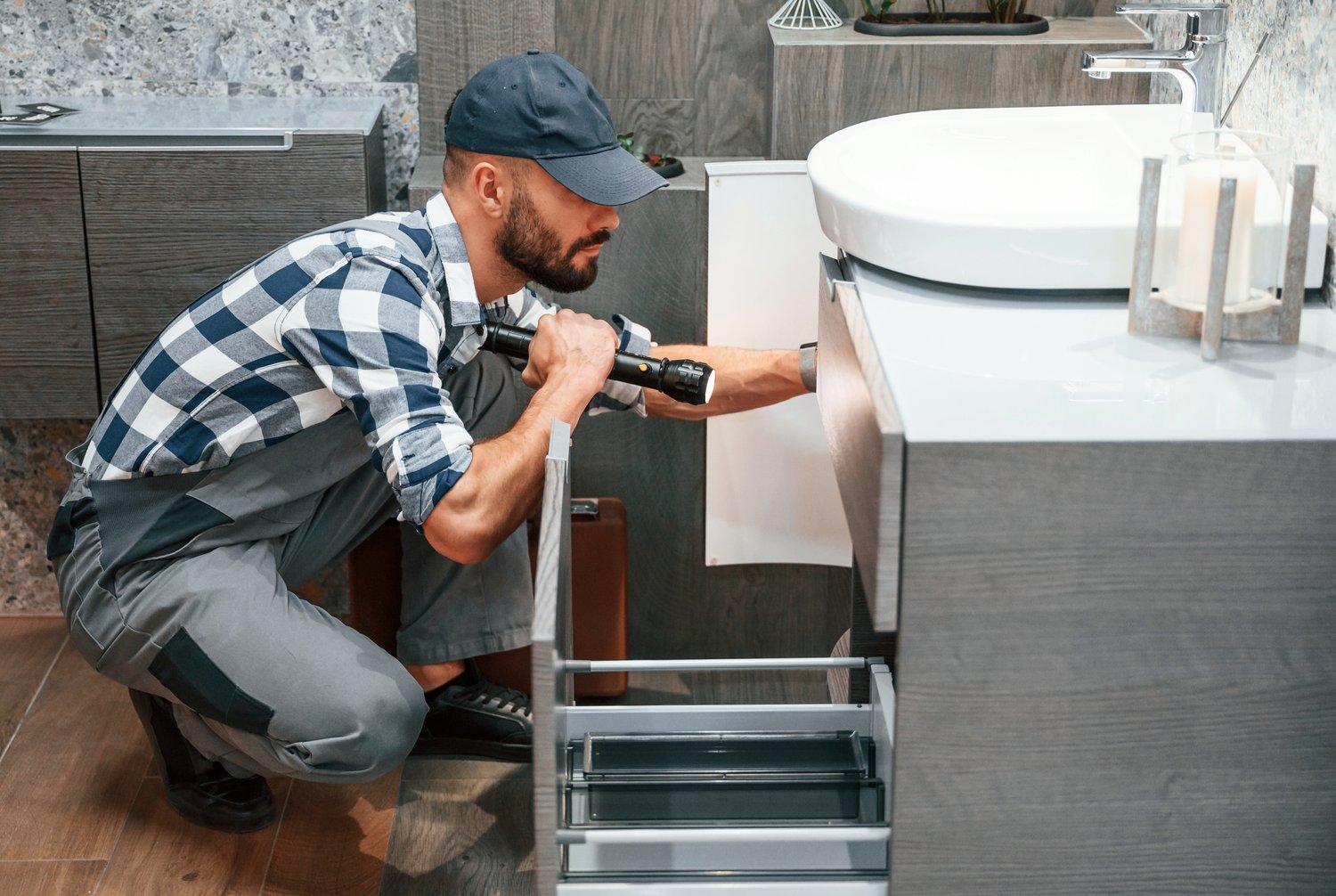Swimming pool ownership brings endless enjoyment, but the costs of operation can accumulate quickly. The good news is that modern technology offers solutions to dramatically reduce these expenses. By upgrading to energy efficient pool equipment like variable-speed pumps and high-efficiency heaters, homeowners can cut their pool operating costs by as much as 70%. This article explores the most effective pool equipment innovations, their benefits, and how they can provide substantial energy efficient pool pump savings cost reductions while maintaining optimal pool performance.
Understanding Variable Speed Pool Pumps
Traditional single-speed pool pumps operate at full power whenever they’re running, regardless of the task at hand. This inefficiency leads to wasted energy and higher utility bills. Variable speed pumps, by contrast, can adjust their motor speed to match the specific task they’re performing. During simple filtration, the pump can run at a lower speed, consuming significantly less electricity. When more power is needed for cleaning or running water features, the pump can increase to higher speeds.
The variable speed pump benefits extend beyond just energy savings. These pumps typically run much quieter than their single-speed counterparts, especially at lower speeds. They also tend to put less strain on your plumbing system and filter, potentially extending the life of those components. The more precise control of water flow can also improve water clarity and chemical distribution throughout your pool.
Most pool owners who upgrade to variable speed pumps report energy savings between 40% and 80% compared to traditional pumps. While the upfront investment might be higher, the typical payback period ranges from 1-3 years based on usage patterns. According to AskHomey, many homeowners consider this upgrade the most impactful single change they can make to reduce their pool’s operating costs.
Gas Pool Heaters: Maximum Efficiency Options
Gas heaters remain popular choices for pool owners who want rapid heating capabilities. Modern high-efficiency gas heaters have made significant improvements in energy utilization compared to older models. Today’s units feature improved heat exchangers that capture more heat from the combustion process before it escapes through the flue.
When shopping for a gas heater, pay attention to the thermal efficiency rating, which indicates what percentage of consumed energy actually transfers to the pool water. Premium models now achieve efficiency ratings of 95% or higher. Some units also incorporate features like electronic ignition instead of standing pilot lights, further reducing gas consumption.
Another advancement in gas heater technology is modulating or multi-stage burners that can adjust their output based on heating demands. This prevents the energy waste associated with frequent cycling on and off, which occurs with traditional single-stage heaters. For regions with variable heating needs, this feature can substantially reduce operating costs.
Electric Heat Pumps for Long-Term Savings
Unlike gas heaters that generate heat, electric heat pumps transfer heat from the surrounding air to your pool water. This fundamental difference makes them incredibly efficient in moderate climates. A quality heat pump can deliver up to five units of heat for every unit of electricity consumed.
Heat pumps work best when the ambient air temperature stays above 50°F (10°C). In these conditions, they provide the most economical heating option over extended periods. While they warm pools more slowly than gas heaters, their operating costs can be 50-75% lower.
The latest heat pump models feature variable-speed compressors that adjust output based on demand, similar to variable speed pumps. This technology further improves efficiency by reducing the energy wasted during startup and shutdown cycles. Some units also incorporate titanium heat exchangers that resist corrosion from pool chemicals, extending their operational lifespan.
Solar Pool Heating: Harnessing Free Energy
For the most environmentally friendly and cost-effective long-term solution, solar pool heaters deserve serious consideration. Understanding the solar pool heater pros cons helps homeowners make informed decisions about this technology. On the positive side, solar heaters have virtually no operating costs beyond the minimal electricity needed to pump water through the collectors. They’re also the most environmentally friendly option with zero emissions.
The primary drawbacks include the higher initial installation cost and the space required for solar collectors, which typically need an area equal to 50-100% of your pool’s surface area. Performance also depends on your climate and sun exposure. In ideal conditions, solar heating can extend your swimming season by 2-4 months, but may not provide enough heat for year-round swimming in colder regions.
Modern solar heating systems have improved with more efficient collectors and automated control systems that maximize heat collection. Some homeowners combine solar heating with a conventional backup heater for the best of both worlds – free solar heat when available and reliable heating when needed during less sunny periods.
Maximizing Energy Efficiency with Proper System Integration
The greatest energy savings come from properly integrating your pump and heating systems. Variable speed pumps can be programmed to operate at optimal speeds for different heating technologies. For example, solar heating typically requires higher flow rates during peak sun hours but can use lower pump speeds at other times.
Proper sizing of all equipment is equally important. An oversized pump wastes energy, while an undersized heater struggles to maintain comfortable temperatures. Working with qualified professionals ensures your system components work harmoniously. Smart pool controllers can further optimize operation by automatically adjusting settings based on weather conditions, usage patterns, and energy costs.
For more tips and to connect with reliable home service professionals, follow AskHomey on Facebook and Instagram.



